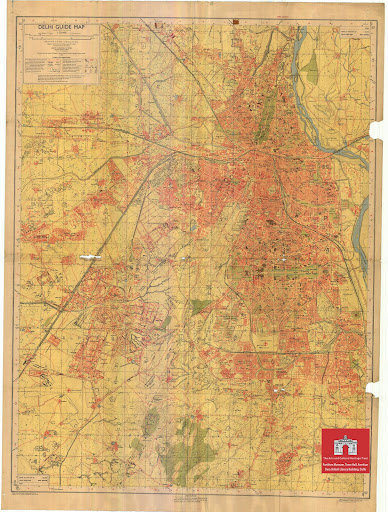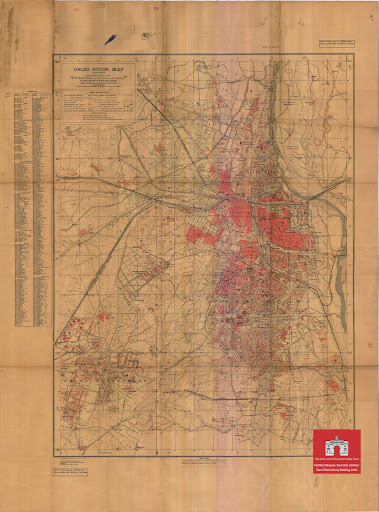The Partition Museum in Delhi is a testament to the impact that the events of 1947 had on the city and the refugee population it accommodated. The museum serves as a memorial and a museum dedicated to the millions of men, women, and children who lost their homes, and often their lives, overnight. It is a people-focused museum that uses oral histories, objects, and photographs to tell the story of those helpless millions. The museum is divided into seven galleries, taking visitors through a journey that begins in the 1900s with the rising resistance to the British Raj and ends with the aftermath of Partition, highlighting the chaos, violence, and displacement that ensued.
The Partition Museum is particularly significant as the eyewitnesses and survivors of Partition are now in the evening of their lives, and their memories and experiences are fading away. Therefore, setting up the Partition Museum was a fresh impetus to collate and preserve these memories for future generations. The museum tells the story of the Partition and its impact on Delhi and honours the resilience of those who lived through it. It is a powerful reminder of the human cost of conflict and the importance of preserving our collective memories. By visiting the museum, people can better understand the impact of the partition on India and its people and reflect on the importance of peace and unity.

The influx of refugees from 1947 onwards and its impact could be seen being reflected in the population growth of Delhi.
Notice how Map B highlights the growth in density in areas such as Kingsway Camp, Karol Bagh, East Patel Nagar, post- Partition.
Map A: Delhi Guide Map, 1939-1941
Map B: Delhi Guide Map, 1959.
Image Courtesy: TAACHT Archives


